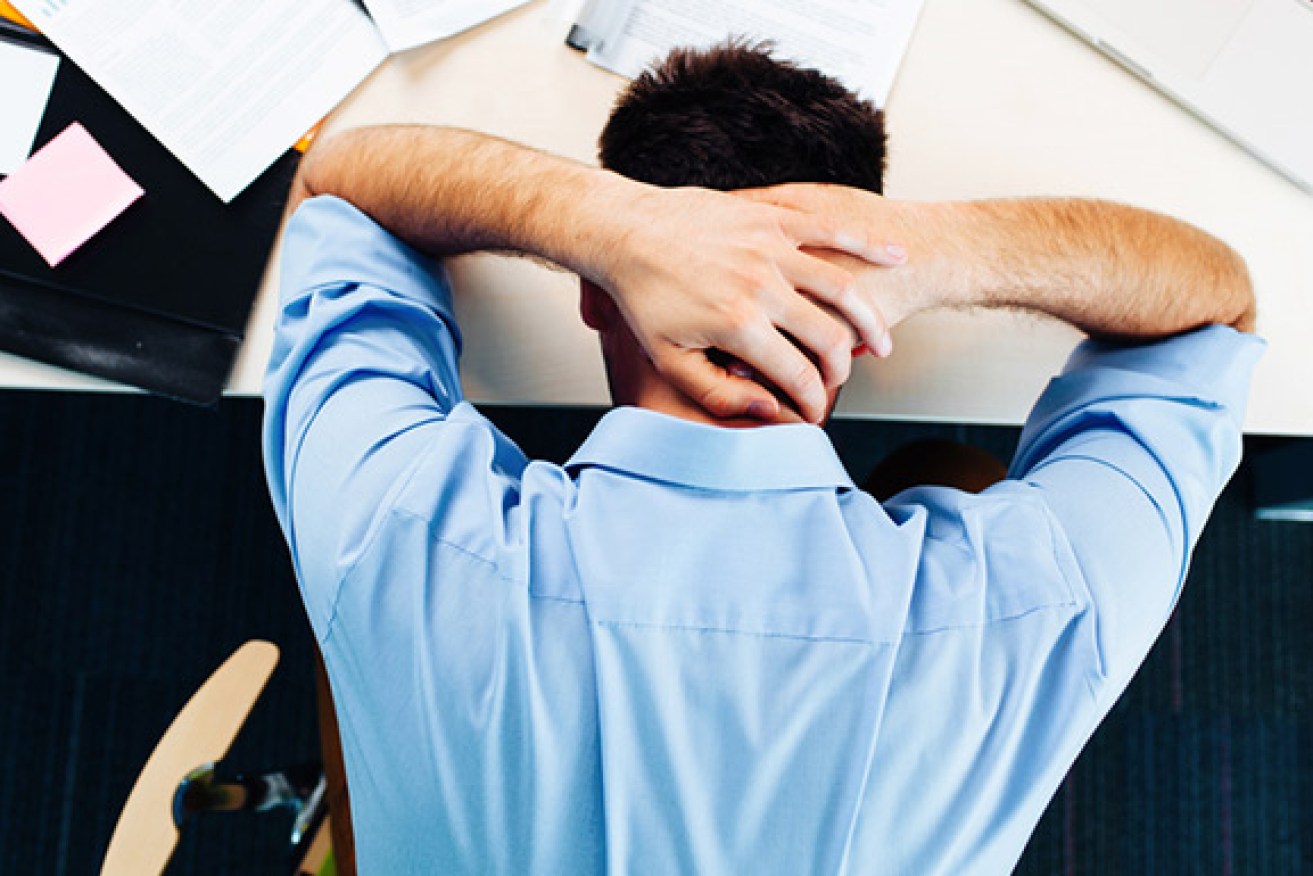Today is World Suicide Prevention Day, the perfect time to bust a widespread myth about suicide.
Despite what you may have heard, being suicidal does not always mean you are mentally ill, according to a landmark United Nations report.
The World Health Organization (WHO) report has set the record straight: it is not only people with mental disorders who contemplate taking their own lives.
• One millions Aussies have an eating disorder
• Ten charitable things that don’t involve ice buckets
The WHO report lists this as a pervasive myth, and calls for governments and health professionals to change the way they talk about and prevent the issue.
“Suicidal behaviour indicates deep unhappiness but not necessarily mental disorder. Many people living with mental disorders are not affected by suicidal behaviour, and not all people who take their own lives have a mental disorder,” the WHO report explains.
Australian Institute for Suicide Research and Prevention’s Professor Diego de Leo, who contributed to the WHO report, says this shift of emphasis away from mental illness is backed by “solid research”.
Negative life events, such as stress, unhappiness, financial difficulties and relationship breakups, can prompt suicidal thoughts without sparking illnesses such as depression, according to the Professor.
“They don’t have to be funnelled via any mental disorders,” he says.
“When something bad happens to you, this doesn’t mean necessarily that you become depressed. You may become deeply unhappy, but this is not a disease.”
Mental illness can be a factor, of course, but the important message is that suicide prevention needs to be more than simply prescribing antidepressants, Professor de Leo says.
“We have concentrated particularly on mental disorders, so we need to get wiser on that perspective,” he says.
If pills won’t always work, then what?
In its response to the UN report, Suicide Prevention Australia has emphasised the need for a national strategy that goes beyond a ‘one size fits all approach’.
Suicide Prevention Australia CEO Sue Murray agrees that prevention programs are currently “very much focussing on the mental health area”.
“What we’re calling for in this response paper, and what the World Health Organisation is also calling for, is a public health approach,” Ms Murray says.
This national strategy would look beyond mental illness to other major causes, such as loss of employment, interaction with the criminal justice system, relationship breakdown and divorced parents’ lack of access to children.
Not only does Suicide Prevention Australia want us to broaden our views on how suicide is caused, it also has suggestions on how to fix the problem.
Its new TV campaign, ‘Reach Out and Get Connected’, promotes strengthening ties to others as a way of preventing suicide, especially during tough times.
Let’s get meaningful
Professor de Leo agrees that connectedness is key.
“Leaving people alone, leaving them abandoned or without friends, means to put them at risk,” he says.
Adding meaning to your life is also important, especially in developed nations like Australia where happiness is easily derived from material goods, but meaningfulness is harder to come by, Professor de Leo says.
“One message from this [WHO] report is to give people a more meaningful life.
“What people are missing is possibly a more purposeful type of life, more meaning, more knowing why we’re living and why we should live a certain way.
“It is imperative for societies, for developed countries, to try to provide more meaningful lives to their citizens,” Professor de Leo says.
This idea is backed up by a recent study in the Journal of Positive Psychology, which found that a meaningful life may be just as important as happiness – and that the two things are not necessarily the same.
According to the study, meaningfulness comes from being a giver, rather than a taker.
Perhaps the best way to give, both to ourselves and others, would be to take Suicide Prevention Australia’s advice and get better connected with those in our lives.
If you would like to talk about to someone about personal difficulties, contact Lifeline on 13 11 14 or Kids Helpline on 1800 551 800.










